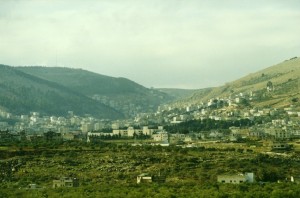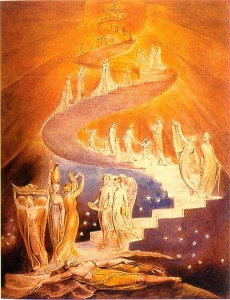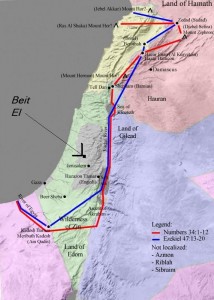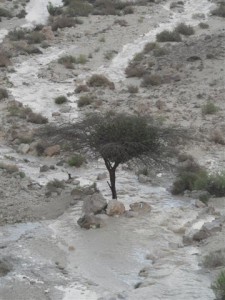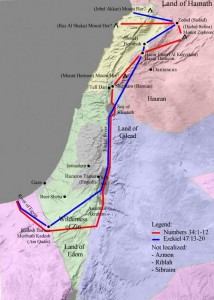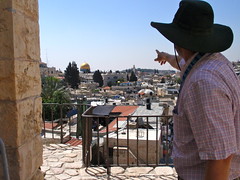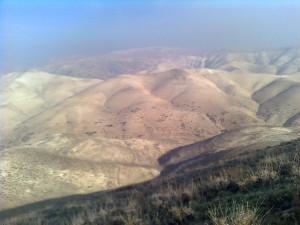‘And the word came to me a second time and he said;
“what do you see?”
I said; ” A bubbling pot and its face its pointing North.”
The eternal said;
“From the North shall spout forth evil on to all of the inhabitants of the land.”‘ (Jeremiah 1: 13 – 14)
This week’s reading of the Prophets (Hafarah) is from the Book of Jeremiah. It is part of a series of Haftarot leading up to the ninth of Av, the day commemorating the destruction of the First and Second Temples and subsequent Diaspora of the Jews. In it God speaks to him telling him that “From the North Shall spout forth Evil”.
Trouble Up North
Historically Jerusalem was invaded from the North. In the period of history before, when Isaiah was prophesying, Sennacharib, the King of Assyria invaded (unsuccessfully) from the North. During Jeremiah’s time Nebuchadnezzar conquered from the North, as did the Romans and when the Crusaders invaded Israel they came from Lebanon and Syria. In recent history, in 1948, the Jordanians shelled the City from the North and East. Though, counter to our rule, the Israeli paratroopers, in 1967, entered the Lions Gate in the North to conquer the Old City. Seemingly most conquests Jerusalem come from the North.
The Meaning of North
In tactical terms we can say that conquests typically come from the North because that is where the highest ground is; from the Mount of Olives and Mount Scopus. However there is a more spiritual reason to do with the meaning of the word North. In Hebrew North is:
צפון – Zafon
As we learnt in the Torah Portion of Balak, words in Hebrew have ‘root’ letters which tell us about their meaning. We can make a number of words from the root letters of Zafon:
A Zofe in Hebrew is a scout.
Lizpot is to forsee
Mazpen is a compass
Mazpun is a conscience
The word North is to do with looking forward, forseeing and looking with an agenda in mind.
Negative Prophecies
Not all looking with an intent is negative, without an ability to foresee certain actions and their moral consequences we would not have a conscience. There is a type of prophecy that is always negative, this is the type that is common amongst people with depression. It consists of statements such as:
‘I always make mistake X’
‘I will never succeed
‘This type of thing is always happening to me.’
These over generalisations plague our speech and harm our lives, and become true, not by virtue of an innate truth of these statements, but by the belief of the person stating them.
It was God that told Jeremiah to look North, normally it would have been a really bad idea to make such a negative prophecy. In fact if we look at the text it took two prophecies, one with a almond tree stick and the other more disturbing image of a bubbling cauldron. Surely one warning was enough?
The lesson that we learn by the doubling of the prophecy and the harshness of the imagery is that it was not a normal matter, rather it excels in abnormality. The prophecy is the exception that proves the rule:
that a person should not become the prophet of his own downfall.


